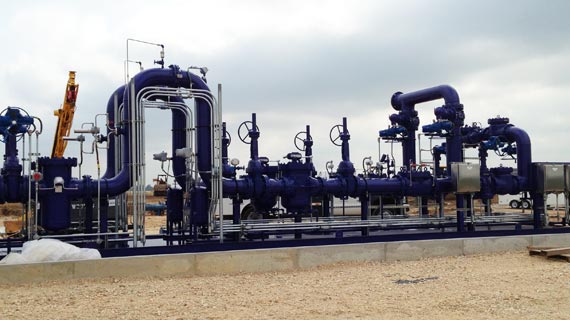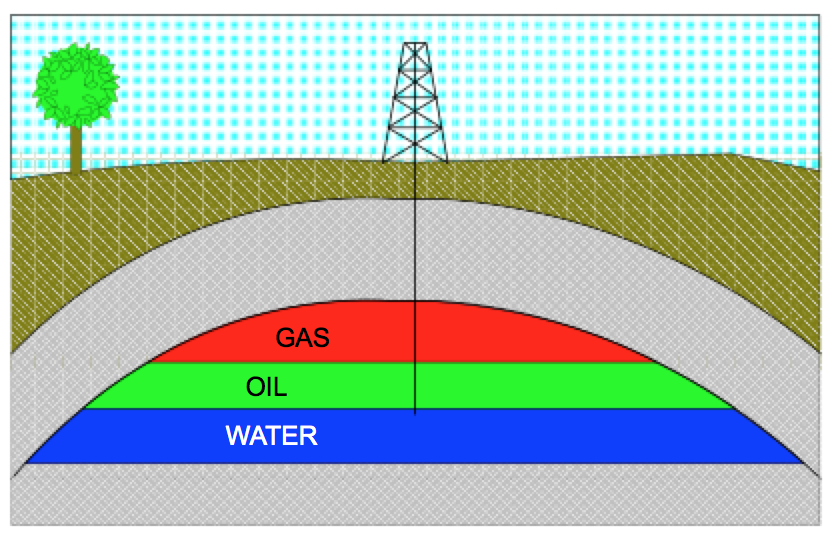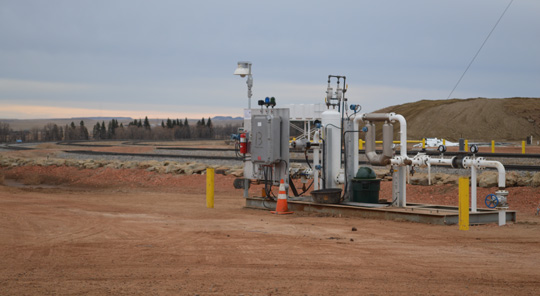

This course is developed for engineers and technicians who need to have a practical knowledge of selection, installation and commissioning of fiscal metering equipment. It is for those primarily involved in achieving effective results in industrial processes. This would involve the design, specification and implementation of control and measurement equipment. The course focuses on practical applications, with special attention to installation considerations and application limitations when selecting or installing different measurement or control instruments for fiscal metering.
By the end of this BTS training course, participants will be able to:
MGC Coordinators and Supervisors, Instrumentation & Metering Engineers & Technicians, Metering Managers and Engineers, Production Operation & Process Engineers, Instrument Workshop Supervisors, Production Technologists, Design & Mechanical Engineers, Service Staff and Inspectors of Custody Transfer Stations, Design & Process Engineers, Reservoir Engineering & Custody Technicians, Well Testing Group & Chemical Engineers, Valve Technicians & Maintenance Personnel & Supervisors
This interactive Training will be highly interactive, with opportunities to advance your opinions and ideas and will include;
Introduction to Fundamentals of Measurement & Basic Fluid Flow
Performance Characteristic of Flow meter
Custody Transfer Applications
Head Flow Meter
Ultrasonic Flow meter
Oil Transfer Meter
Shipping Calculate Volume & Calculate Correction
Retroactive Meter Factor
Calculation Sample
BTS attendance certificate will be issued to all attendees completing minimum of 80% of the total course duration.
| Code | Date | Venue | Fees | Register |
|---|---|---|---|---|
| DE148-05 | 10-11-2024 | Dubai | USD 5450 | |
| DE148-01 | 02-02-2025 | Dubai | USD 5450 | |
| DE148-02 | 21-04-2025 | Kuala-Lumpur | USD 5950 | |
| DE148-03 | 14-09-2025 | Dubai | USD 5450 | |
| DE148-04 | 08-12-2025 | Istanbul | USD 5950 |

Hydrocarbon systems found in petroleum reservoirs are known to display multi-phase behavior over wide ranges of pressure and temperatures. The most important phases that occur in petroleum reservoirs ...

This comprehensive course provides more insight on custody transfer metering operations. It elaborates all about crude oil fluid flow, flow measuring, metering system, oil transfer meter, types of flo ...

Metering systems in the Oil & Gas industry have rapidly evolved in terms of sophistication, accuracy and reliability; countless factors have to be taken into account in the design of a metering system ...

Every process plant in the world takes in bulk raw materials and fuel from tanker ships, railroad cars, tanker trucks, or pipelines. Refineries, chemical plants, pharmaceutical companies, and a host o ...
Providing services with a high quality that are satisfying the requirements
Appling the specifications and legalizations to ensure the quality of service.
Best utilization of resources for continually improving the business activities.
BTS keen to selects highly technical instructors based on professional field experience
Since BTS was established, it considered a training partner for world class oil & gas institution
1st floor, Incubator Buildingو Masdar City, Abu Dhabi, UAE
Sun to Fri 09:00 AM to 06:00 PM
Contact Us anytime!
Request Info